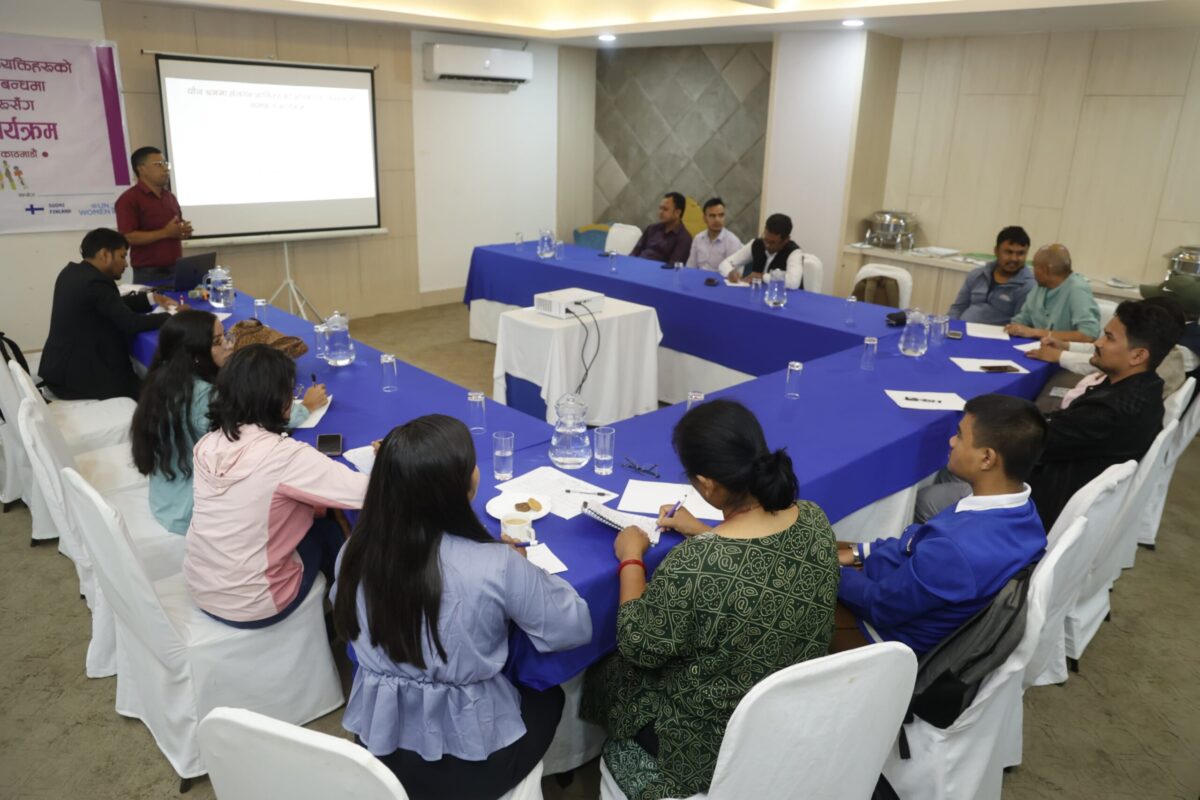

KATHMANDU: A recent discussion program organized by the Forum for Women, Law and Development (FWLD) emphasized the urgent need to view sex work as a human rights issue, separate from human trafficking.
Participants highlighted ongoing legal challenges faced by sex workers in Nepal and the failure of recent legislative amendments to address their rights.
The event, held on Sunday, featured data from the Ministry of Health’s Department of Sexual and Reproductive Health, which reported that there are approximately 86,809 sex workers in the country. This figure underscores the significance of the issue and the necessity for clear and just legal frameworks.
Diksha Singh, one of the speakers, reviewed existing laws criminalizing sex work and critiqued the proposed amendment bill currently under consideration by the Ministry of Law. She called for measures to reduce violence against sex workers, provide exit options for those wishing to leave the profession, and adopt a Nordic model legal framework tailored to Nepal’s context. However, she pointed out that the amended bill falls short, as it does not decriminalize sex work.
Advocate Sanjay Timilsina from SAATHI Nepal warned that without decriminalization, the number of sex workers and those living with HIV could rise sharply. He emphasized that sex workers are not demanding designated red-light areas or a Nordic model but simply recognition of their labor as a human rights matter.
Police harassment remains a significant concern, with sex workers frequently targeted under public offense laws. The discussion stressed that the current amended bill is more punitive than protective, urging policymakers and activists to lobby for laws that create an enabling and safe environment for sex workers.
The program was moderated by FWLD advocate Navin Kumar Shrestha, who provided a comprehensive overview of Nepal’s legal provisions and the difficult conditions faced by sex workers across the country. The event highlighted the ongoing struggle for legal reform that respects the dignity and rights of sex workers while addressing broader social and health concerns.